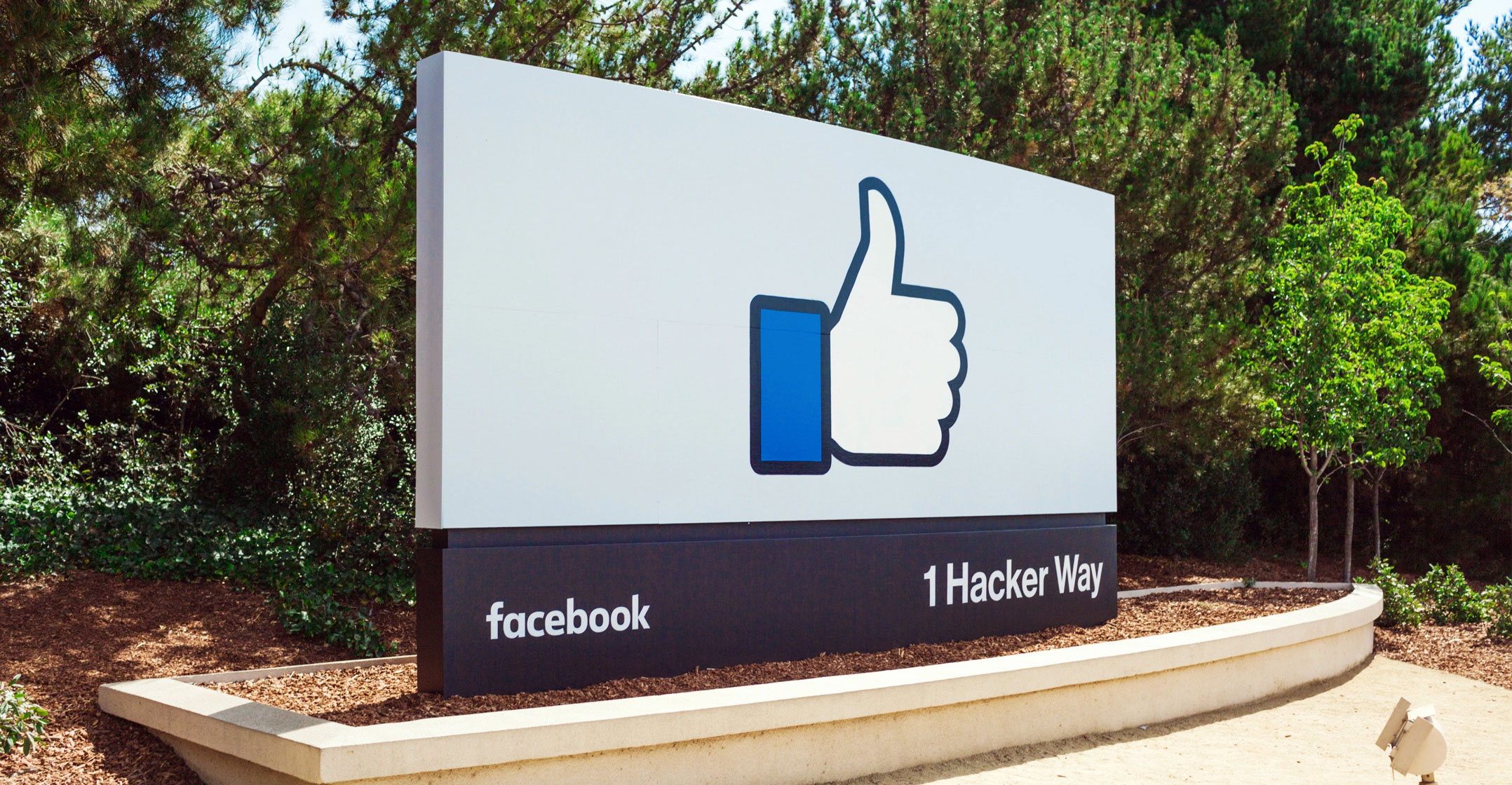
Facebook has responded to a letter from South Africa’s newly established Information Regulator, telling it that more local users of the social media platform may have had their data shared with UK data marketing firm Cambridge Analytica than originally disclosed.
It has raised the number of users potentially impacted from 59 777 – a number is disclosed on 8 April – to 96 121 now. However, the number of South African users who directly downloaded the app, which extracted user data, has been revised down from 33 to just 13.
The Information Regulator last week wrote to Facebook asking it to contact all South Africans affected by the unauthorised sharing of user data and to set out how it plans to ensure users’ information is safeguarded.
“We understand that 13 people in South Africa installed the app throughout its lifetime on the Facebook platform (from November 2013 when the app went live to no later than 17 December 2015), which is 0.004% of the app’s total worldwide installs,” the company said in a letter to Information Regulator chairwoman Pansy Tlakula.
“We further understand that 96 121 additional people in South Africa were potentially affected, as friends of people who installed the app that did not install the app themselves. This yields a total of 96 134 potentially affected people in South Africa, which is 0.11% of the global number of potentially affected people,” Facebook said.
The letter to Tlakula, written by Yvonne Cunnane, head of data protection at Facebook in Ireland, explained that the company used location to identify those affected. This, it emphasised, is not an indication of nationality or citizenship. The numbers also do not include people who installed the app and then deleted their Facebook accounts.
“These figures also may be over-inclusive,” Cunnane said in the letter. “We have not retained data regarding when individual users installed the app. As a result, we have had to include in these figures anyone who installed the app during its lifetime, and anyone who may have been friends on Facebook with any of those people at the time between when the app first became active on the Facebook platform in November 2013 and when the app’s access to friends’ data was limited in May 2015.
“They also include users who may have changed their settings to disallow sharing of their data with apps authorised by their friends, due to limited historical information about when or how those settings were updated. We believe this figure may over-count the total number of users whose data was in fact accessed by the app. However, we wanted to be as comprehensive as possible in our analysis.”
‘Accurate current assessment’
The figures may also be “significantly larger” than the actual count of people whose data was shared with Cambridge Analytica by Aleksandr Kogan, the academic who developed the app and later shared usage data with Cambridge Analytica in breach of Facebook policy.
Explaining why the estimates of the number of South Africans affected have changed, Cunnane said: “I confirm that the numbers stated in this letter are our accurate current assessment of users potentially affected and their friends.”
She said, too, that since 9 April, Facebook has begun showing users a link at the top of their news feed so they can see what apps they use as well as the information they have shared with those apps. People are also able to remove apps that they no longer want, she said.
“As part of this process we have been telling people if their information may have been improperly shared with Cambridge Analytica.” — © 2018 NewsCentral Media




